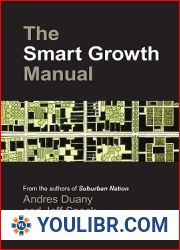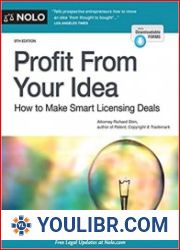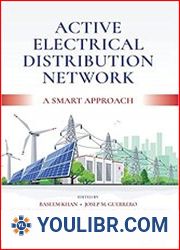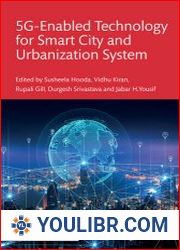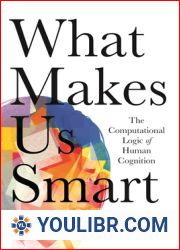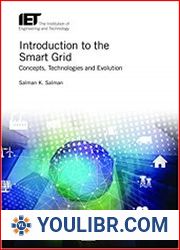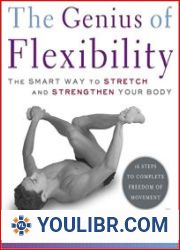
BOOKS - The Smart Growth Manual

The Smart Growth Manual
Author: Andres Duany
Year: January 1, 2004
Format: PDF
File size: PDF 16 MB
Language: English
Year: January 1, 2004
Format: PDF
File size: PDF 16 MB
Language: English
Everyone is calling for smart growth...but what exactly is it? In The Smart Growth Manual, two leading city planners provide a thorough answer. From the expanse of the metropolis to the detail of the window box, they address the pressing challenges of urban development with easy-to-follow advice and a broad array of best practices. and "With their landmark book Suburban Nation, Andres Duany and Jeff Speck set forth more clearly than anyone has done in our time the elements of good town planning and " (The New Yorker). With this long-awaited companion volume, the authors have organized the latest contributions of new urbanism, green design, and healthy communities into a comprehensive handbook fully illustrated with the built work of the nation's leading practitioners.The Smart Growth Manual is an indispensable guide to city planning. This kind of progressive development is the only way to fully restore our economic strength and create new jobs, new industries, and a renewed ability to compete in the first rank of world economies. - Gavin Newsom, Mayor of San FranciscoAuthors Andres Duany, Jeff Speck, and Mike Lydon have created The Smart Growth Manual, a resource that not only explains the overarching ideals of smart growth but a manual that takes the time to show smart growth principles at each geographic scale (region, neighborhood, street, building). I highly recommend [it] as a part of any community participant's or urban planner's desktop references. - LocalPlan.orgPlanetizen Top 10 Books in Urban Planning, Design, and Development - 2010 The goal of The Smart Growth Manual is clear from page 1: to create a guidebook for smart growth following the pattern of the Charter for New Urbanism. Duany, Speck, and Lydon have achieved that in spades (the Charter is included in the appendix, in case we missed the connection). It even clears up some of the architectural arguments that attach themselves to New Urbanists, such as this segment of Section 14.1, Regional Design; 'While new buildings should not be compelled to mimic their historic predecessors, designers should pay attention to local practices regarding materials and colors, roof pitches, eave lengths, window-to-wall ratios, and the socially significant relationship of buildings to their site and the street; these have usually evolved in intelligent response to local conditions.' In addition to making the old 'traditional vs. modern' argument irrelevant, Duany, Speck, and Lydon have truly managed to boil down the best parts of current practices into a highly readable, portable book.







